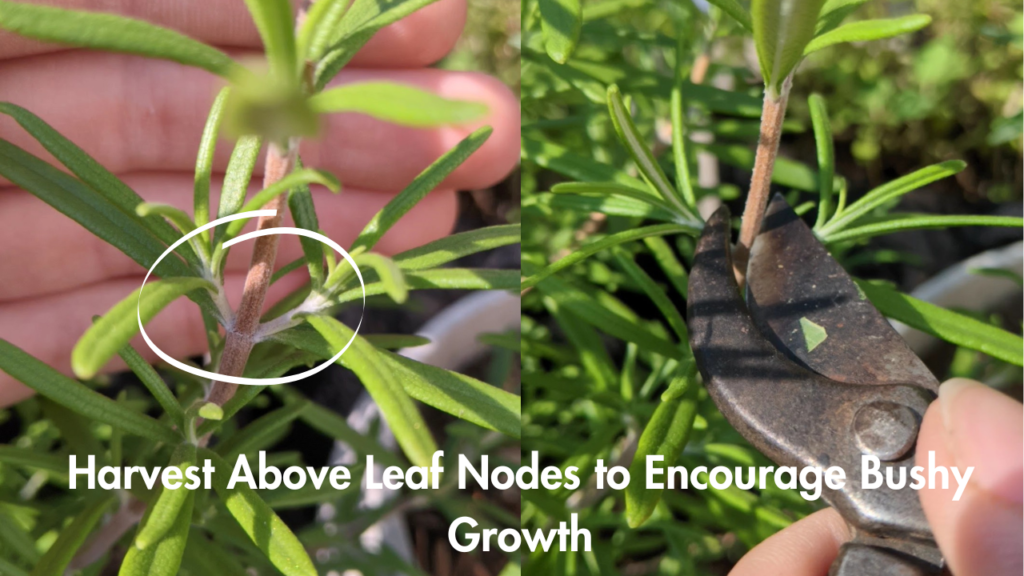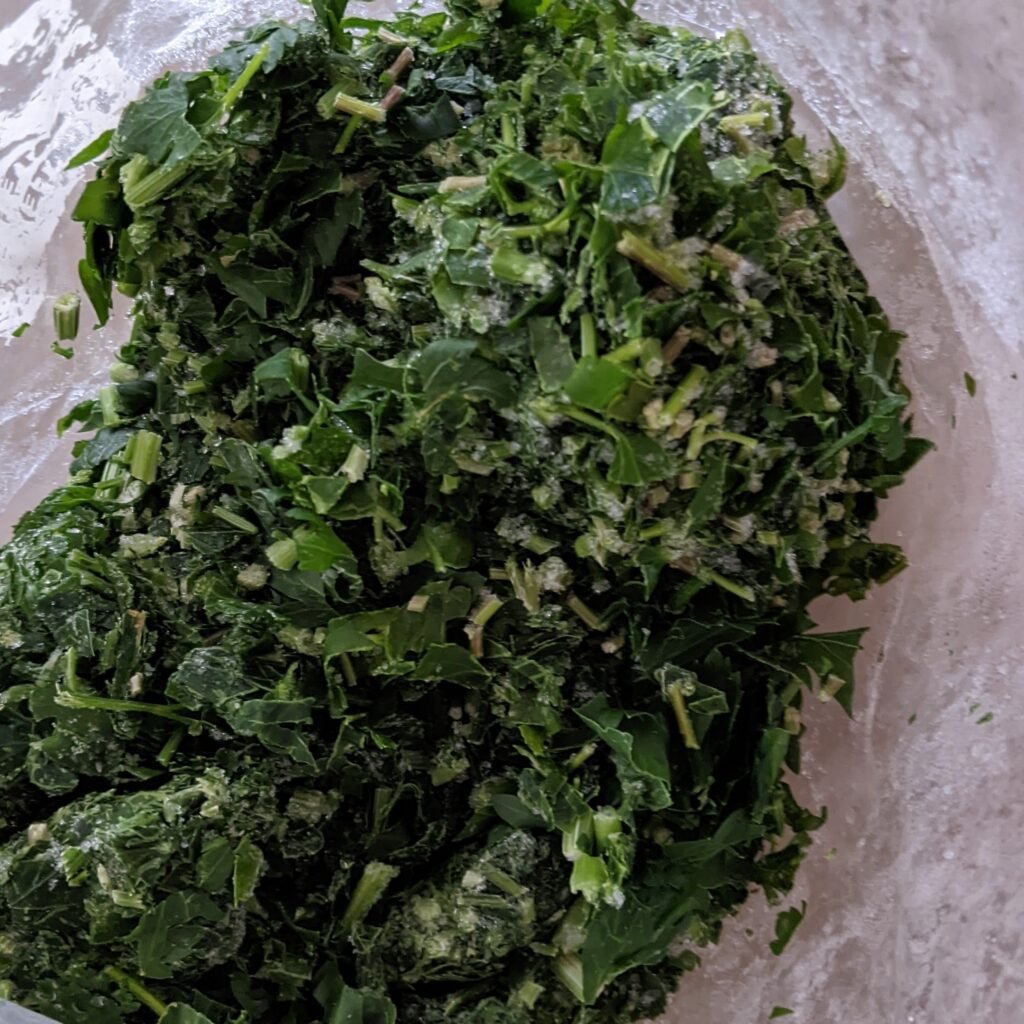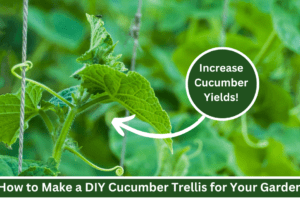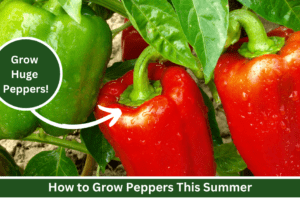Disclaimer: This blog post contains affiliate links. If you make a purchase through these links, we may earn a small commission at no additional cost to you. Learn More. Thank you for supporting our garden community.
Preserving Herbs From the Garden 🌿
If you have a thriving herb garden, you know the joy of having fresh herbs at your fingertips whenever you need them. But what do you do when you have an abundance of herbs that you can’t use immediately? Don’t worry, we’ve got you covered! In this blog post, we will explore various methods of preserving herbs, so you can enjoy their flavors and aromas all year round.
Products:
Harvesting Herbs

The first step in preserving herbs is knowing when and how to harvest them. It’s best to harvest herbs in the morning, just after the dew has dried but before the midday heat. Follow these steps for a successful harvest:
- Use these sharp shears or pruning scissors to cut the herbs. Avoid tearing or bruising the leaves, as this can affect the quality and flavor.
- Always harvest above a leaf node to encourage bushy growth.
- Never harvest more than half of the plant. If done, the plant will not have enough leaf material to continue growing, and it will likely be stunted or dead shortly after.
Drying/Dehydrating Herbs
Drying herbs is one of the most common methods of preservation. It helps retain the flavors and allows you to store them for an extended period. Here’s how you can dry your herbs:
- Bundle a small bunch of herbs together and tie them with this twine or these rubber bands. Make sure the bunch is not too large to ensure proper airflow.
- Hang the bundles upside down in a cool, well-ventilated area away from direct sunlight. Sunlight can degrade the flavour of your herbs.
- Allow the herbs to dry for 1-2 weeks or until they are completely crispy and crumble easily.
- Once dried, remove the leaves from the stems, discard any woody parts, and store the leaves in airtight containers.
Freezing Herbs

Freezing herbs is another excellent method to preserve their freshness. It is especially useful for delicate herbs like cilantro and mint that may lose their flavor when dried. Here’s how you can freeze your herbs:
- Wash the herbs and pat them dry using this kitchen towel.
- Roughly chop the herbs (if you want) and spread them on this baking sheet lined with parchment paper.
- Place the baking sheet in the freezer for a few hours until the herbs are frozen solid.
- Transfer the frozen herbs into freezer bags or airtight containers and label them with the name and date.
- Return the containers to the freezer for long-term storage.
Herb-Infused Olive Oil
Herb-infused olive oil adds a delightful flavor to your dishes and can be used in salads, marinades, and as a dipping sauce. I personally wouldn’t recommend it, as the process of heating can degrade the olive oil, but here’s a simple method to make your own herb-infused olive oil:
- Wash and thoroughly dry the herbs you wish to use.
- Heat olive oil in a saucepan over low heat until warm, but not boiling.
- Add the herbs to the warm oil and simmer for 10-15 minutes, allowing the flavors to infuse.
- Remove the saucepan from heat and let it cool down to room temperature.
- Strain the oil through a fine-mesh sieve or cheesecloth to remove any herb particles.
- Pour the infused oil into sterilized bottles or jars and seal them tightly.
- Store the bottles in a cool, dark place. The infused oil can last for several weeks, but it’s essential to check for any signs of spoilage before using.
Pesto
Pesto is a classic and versatile sauce that can be used in pasta, sandwiches, or as a condiment. There are thousands of recipes and hundreds of variations. You don’t even have to use basil; you can use any herb that you think would taste good. The same goes for the nuts. Experiment with pistachios, walnuts, almonds, etc. to create your pesto recipe. If you want to follow something specific, I recommend a traditional Genovese pesto recipe.
To preserve the pesto, pour it into an ice cube tray or muffin tin to freeze. Once frozen, you can leave the pods in the trays, or you can separate them into freezer-safe bags.
Conclusion
Preserving herbs from your garden allows you to savor the taste of fresh herbs throughout the year. Whether you choose to dry, freeze, make herb-infused oil, or whip up some homemade pesto, these methods will help you enjoy your herb garden’s bounty for months to come. So go ahead, bring the flavors of your garden into your kitchen and elevate your dishes with the vibrant tastes and aromas of freshly preserved herbs.
Disclaimer: This blog post contains affiliate links. If you make a purchase through these links, we may earn a small commission at no additional cost to you. Learn More. Thank you for supporting our garden community.








